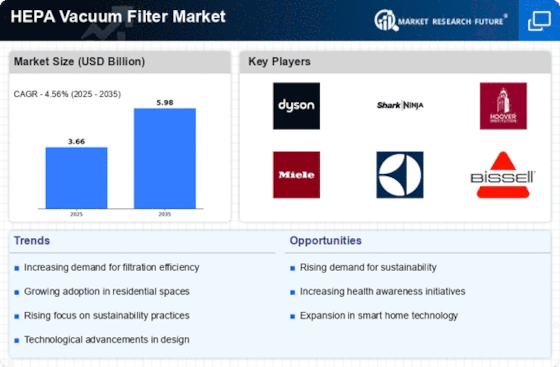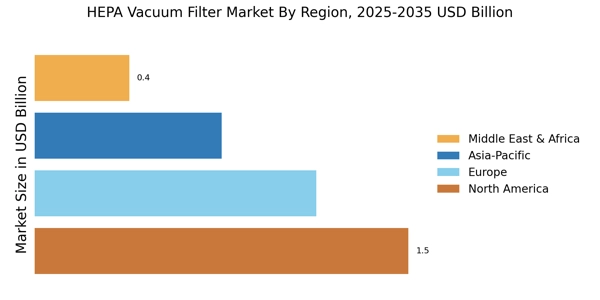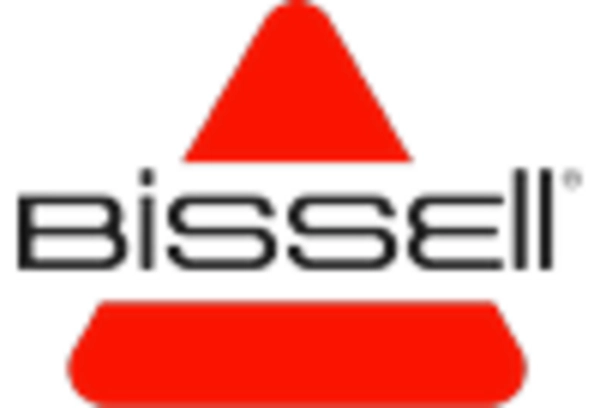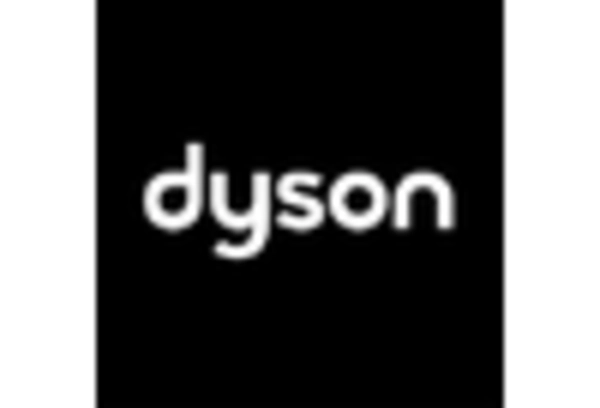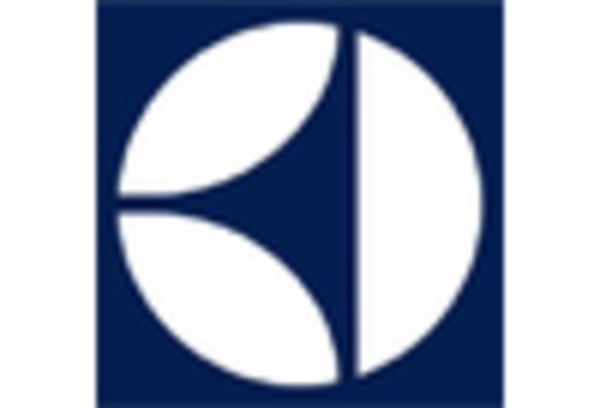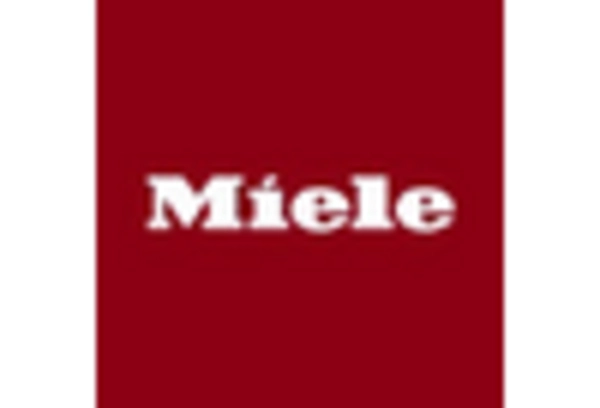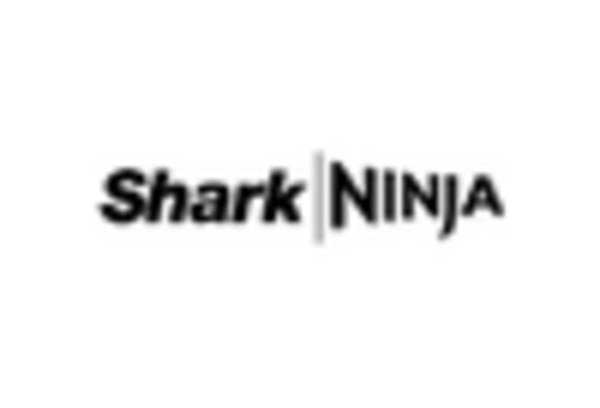Increasing Demand for Clean Indoor Air
The rising awareness regarding indoor air quality is a pivotal driver for the HEPA Vacuum Filter Market. As individuals become more health-conscious, the demand for products that can effectively filter out allergens, dust, and pollutants has surged. According to recent data, the market for air purification devices, which includes HEPA filters, is projected to grow significantly, indicating a parallel increase in the vacuum filter segment. This trend is particularly pronounced in urban areas where pollution levels are higher, leading consumers to seek solutions that enhance their living environments. Consequently, manufacturers are focusing on developing advanced HEPA filters that not only meet but exceed regulatory standards, thereby catering to the evolving preferences of consumers who prioritize health and cleanliness.
Sustainability and Eco-Friendly Products
The shift towards sustainability is increasingly influencing consumer purchasing decisions in the HEPA Vacuum Filter Market. As environmental concerns grow, consumers are more inclined to choose products that are eco-friendly and contribute to a healthier planet. HEPA filters, particularly those made from recyclable materials or designed for longevity, are gaining traction among environmentally conscious buyers. Market data indicates that the demand for sustainable cleaning solutions is on the rise, with consumers seeking products that align with their values. Manufacturers are responding by developing HEPA filters that not only provide superior filtration but also minimize environmental impact. This alignment with sustainability trends is likely to enhance the market's growth as consumers prioritize eco-friendly options.
Technological Advancements in Filtration
Technological innovations play a crucial role in shaping the HEPA Vacuum Filter Market. The introduction of smart vacuum cleaners equipped with advanced HEPA filters has transformed consumer expectations. These devices often feature enhanced filtration capabilities, real-time monitoring, and connectivity options that appeal to tech-savvy consumers. Market data suggests that the integration of IoT technology in vacuum cleaners is on the rise, allowing users to control and monitor their devices remotely. This trend not only improves user experience but also drives the demand for high-efficiency particulate air filters, as consumers seek products that offer superior performance and convenience. As manufacturers continue to invest in research and development, the market is likely to witness the emergence of even more sophisticated filtration technologies.
Regulatory Support for Air Quality Standards
Government regulations aimed at improving air quality are a significant driver for the HEPA Vacuum Filter Market. Many countries have implemented stringent standards for indoor air quality, which necessitates the use of high-efficiency filtration systems in residential and commercial settings. These regulations often mandate the use of HEPA filters in various applications, including healthcare facilities and educational institutions, where maintaining a clean environment is critical. As a result, the demand for HEPA vacuum filters is expected to rise, as compliance with these regulations becomes essential for businesses and homeowners alike. Furthermore, government incentives for energy-efficient appliances may further bolster the market, encouraging consumers to invest in HEPA-equipped vacuum cleaners.
Growing Awareness of Allergies and Respiratory Issues
The increasing prevalence of allergies and respiratory conditions is a notable driver for the HEPA Vacuum Filter Market. As more individuals are diagnosed with asthma and allergies, there is a heightened awareness of the importance of maintaining clean indoor air. HEPA filters are recognized for their ability to capture fine particles, including pollen, pet dander, and dust mites, which are common allergens. Market Research Future indicates that households with allergy sufferers are more likely to invest in high-quality vacuum cleaners equipped with HEPA filters. This trend is further supported by educational campaigns that emphasize the benefits of using HEPA filtration systems in reducing allergen exposure, thereby driving demand in the market.


